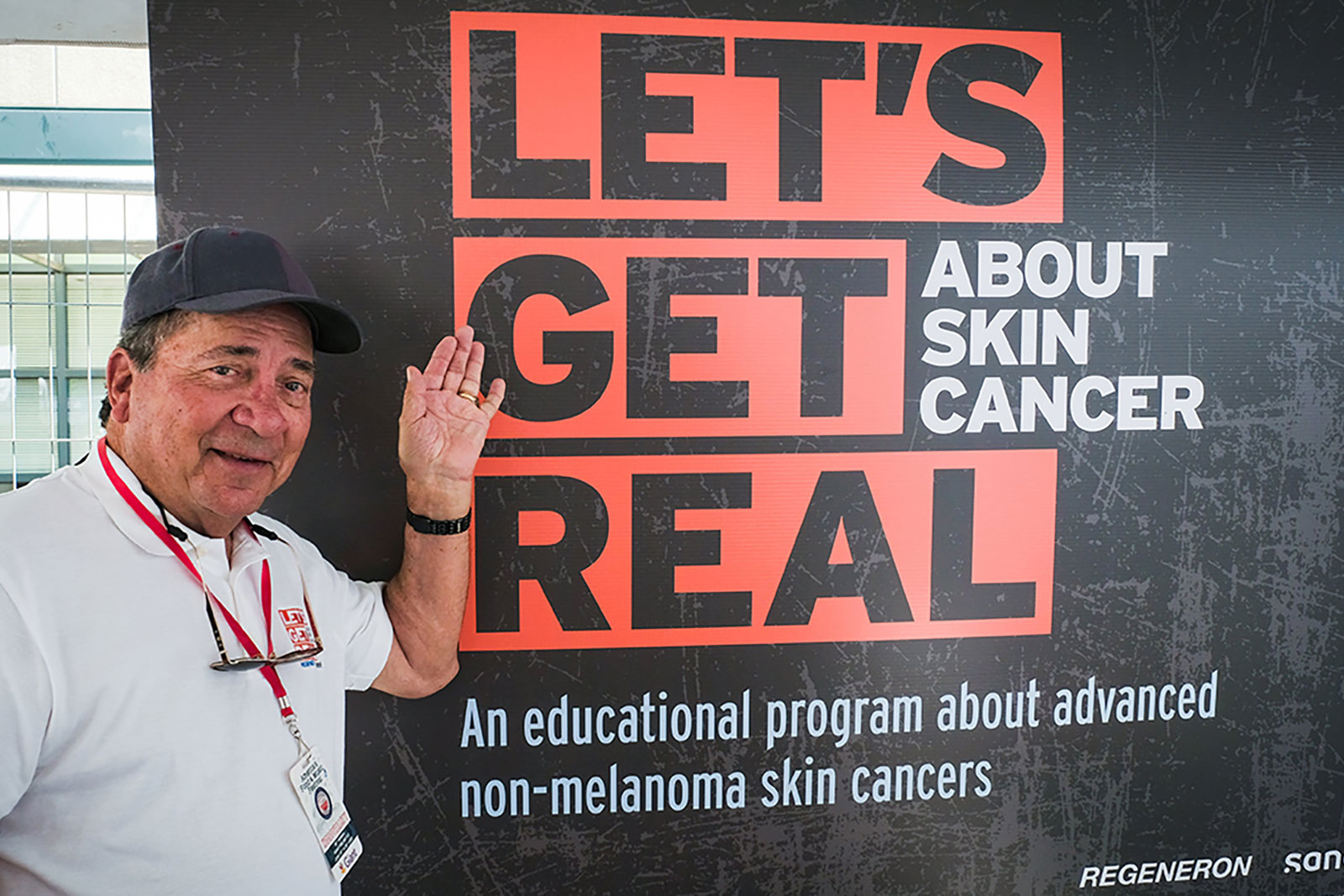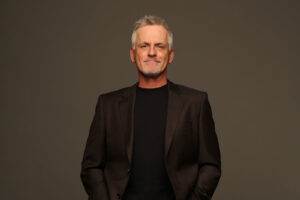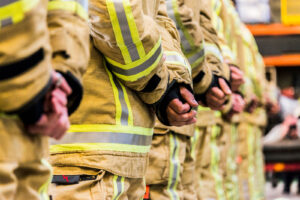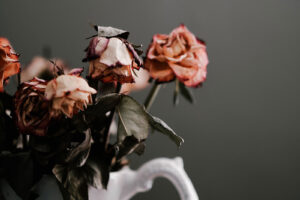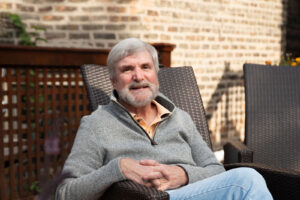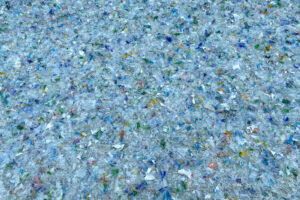During his 17-year career with the Cincinnati Reds baseball team, catcher Johnny Bench led Cincinnati to two World Series titles and four National League championships. In 1989, Bench was inducted into the Baseball Hall of Fame in Cooperstown, New York. His illustrious career sparkled with accolades, earning titles like Most Valuable Player (MVP), World Series MVP, Rookie of the Year, and 10 Golden Gloves. While Bench celebrates his accomplishments, he’s proud to add another to his extensive list: being cancer-free.
Bench was diagnosed with a non-melanoma skin cancer called basal cell carcinoma (BCC) in 2012, most likely caused by prolonged UV exposure from many years playing baseball in the blazing sun. According to the Skin Cancer Foundation, BCC is the most common form of skin cancer and the most frequently occurring form of all cancers, with an estimated 3.6 million cases diagnosed each year in the US alone. BCCs form from the abnormal and uncontrolled growth of basal cells, and though it’s usually curable, the cancer progresses the longer it is left untreated.
“I was always exposed to the sun,” Bench says. “My days were spent at the ballpark [and] when I wasn’t working, I was constantly in the sun. I never experienced any problems until toward the end of my career, [when] I started developing some blisters on my eyelids. I thought [they] were fine, [until] my optometrist said, ‘You really need to have these checked.’”
He went to see his dermatologist, who performed a biopsy and confirmed the blisters were BCCs, and would need to be surgically removed. After surgery, Bench was free of cancer, but a decade later his dermatologist in Cincinnati spotted another BCC on his skin. “He removed it [and] got everything,” says Bench.
Now, he has partnered with the Let’s Get Real About Skin Cancer program, which spreads awareness about advanced non-melanoma skin cancers and how to protect yourself from them. From applying sunscreen every two hours to wearing big hats and sunglasses whenever outside, Bench makes sure his skin is always protected.
“Most skin cancers [are ones] you can recover from,” explains Bench. “Melanoma is what you don’t want to hear, but with basal cell carcinoma, most of [those cases] are going to be rectified — they’re going to be taken care of and they’re going to be cured.”
Bench gets his skin checked up to four times a year by dermatologists in Cincinnati and Florida, where he now resides, but he also keeps an eye out for suspicious growths on his friends’ and loved ones’ skin, too. After noticing something on the side of his friend’s face, Bench took him to his dermatologist, who cut it out right away. “He had one almost the size of a gummy,” says Bench. “The other day when I was in town with him, he said, ‘You saved my life.’ And it may be true, because he had to basically have plastic surgery because they had to cut so deep. That’s the scary thing when you go so long, and you don’t get examined, and now the roots are reaching in [and] may go to other parts of the body. That’s the last thing we want. We want protection [and] prevention.”
Bench also tries to instill these practices in his young sons so they can protect themselves from skin cancer at an early age. He makes sure to inform them about sun protection and asks them to try to take care of other people, too. “We have to show passion for protecting others and [be] aware of the fact that this can happen to anybody,” he says. It only takes a moment to check on loved ones’ skin, but that moment can save them from a host of problems down the road.
Bench notes that self-analysis can only go so far, as it can be difficult to adequately screen the back of your body. He took his son to his pediatrician, to check the moles on his son’s back. “Even at 12 years old, they’re starting to be aware of the fact that if these moles change, we can do something now before anything gets out of the possibility of being taken care of,” says Bench.
We have to show passion for protecting others and [be] aware of the fact that this can happen to anybody.
Even if an individual is diagnosed with BCC and has surgery to remove the cancer, Bench always advocates for doctors and dermatologists to double-check if all of it has been removed. “When I had my eyelids done, [my dermatologist] went in [and] cut, went into the other room, [looked at it] under the microscope [and said], ‘I have to cut some more.’ If you don’t get down to the bottom of it, you haven’t accomplished anything. All you’ve got is a surface thing,” he says.
Ten years after Bench’s first experience with a BCC, he remains proactive about his skin and urges others to do the same. “Use your sunscreen [and] try to avoid the middle part of the day,” he says. “If you’re playing golf, fishing, if you’re even just out walking — I don’t think people understand that [even] a walk, it only takes 20, 30, 40 minutes and all of a sudden you’re exposed pretty well.”
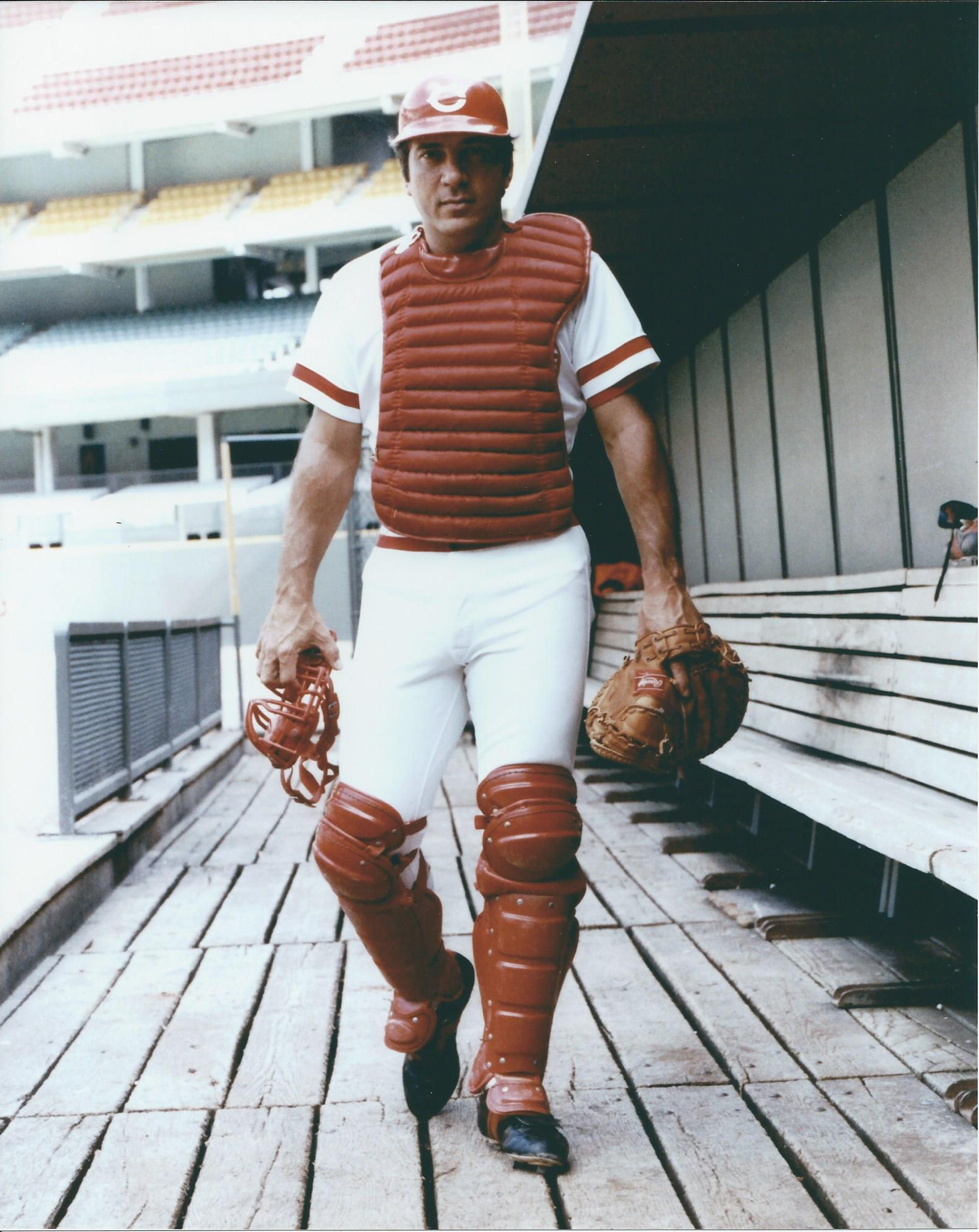
Even during the winter months, sunscreen with an SPF of at least 30 should be worn on exposed skin, every day. Hats and sunglasses are the easiest way to help cover exposed skin, but long sleeves and pants are the only way to ensure total-body sun protection.
“You need to wear your protection,” Bench says. “No matter if it looks strange with that big hat on and the sunglasses, you’re taking care of yourself, and we all want everyone to live long and healthy lives.” Because Bench knows the benefit of stopping the problem before it starts. “An ounce of prevention is worth a pound of cure,” he says. “I’ve heard that since I was a little kid, and isn’t that the truth.”

